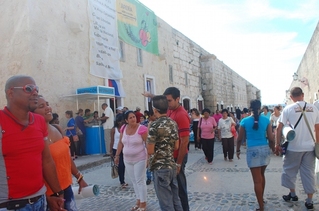
1. Make Books a National Priority
Every decision concerning the Havana Book Fair – from the programming to the funds committed – is based on the central belief that books and reading are critical to national development. “The mission of the Havana Book Fair is to give people access to books,” says Aida Bahr, Vice President of Cuba’s Instituto del Libro (Book Institute) and member of the Caribbean Literature Action Group. “[It is for] cultural purposes, not commercial purposes. It’s a cultural investment.” Cuba also sees the presentation of its books and authors on the international stage as a critical element of defining and extending its national identity and brand in the international arena. “The book is the main [channel] of communication and human knowledge,” says Edel Morales of El Instituto del Libro. “We must make sure that Cuban voices are heard.”
2. Go Big (Or Your Audience May) Go Home
It’s been called a beast, a monster, a spectacle. By whatever name, the Havana Book Fair cannot be ignored. The sheer scale of the event is part of the secret of its success, making it a fixture both on the domestic cultural calendar and on the international publishing scene. Creating that kind of scale requires a delicate partnership between the public and private sector and local organizers, but the rewards in cultural and commercial terms are impressive.
3. Plan Activities for Everyone
The Havana Book Fair’s programming isn’t just large. It’s diverse and deliberately so, designed to bring out a wide cross-section of the public. The mammoth schedule of 100+ activities per day includes talks, book launches, children’s events as well as conferences for writers, publishers, historians, social scientists, literature experts and other academics; and a staggering schedule of concerts and cultural events. Each year focuses on a guest country and two outstanding Cuban writers and the programme includes numerous panels and activities related to the literature and culture of the guest country and the work of each writer. The breadth of activities helps to ensure that Cubans of all kinds come out to the fair.
4. Act in Unison
Every year, Cuban publishers plan their editorial calendars to release new titles at the fair. That collective effort drives anticipation for the fair, as the audience knows there will be many new books to look forward to. Bahr credits the anticipation and excitement for new books for the record turnouts to the fair each year.
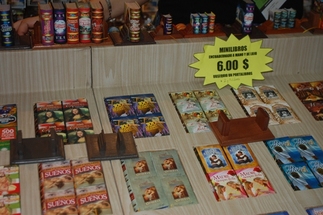
Many of the participating international publishers at the Havana Book Fair use the event as an outlet for selling overflow stock. They come to the fair with steeply discounted prices designed to drive quick sales. They also bring the kinds of books they know will sell well in Cuba because they aren’t available in the local market, e.g. titles on American entertainment; hard cover or brightly illustrated children’s books, dictionaries and specialized books for professionals. Understanding what local buyers want and planning accordingly helps to ensure strong book sales.
6. Take the Books to the People
The Havana Book Fair takes place at the Cabaña fortress as well as eleven other sites around Havana and then tours throughout the rest of the country for two weeks – a deliberate, though exhausting effort to make sure that activities are held in every single province of the country. The result: national awareness and participation and a month-long focus on books that has a spill-over effect for the rest of the year. “It’s the only cultural event that gets to everywhere and is respected by everyone,” says Bahr.
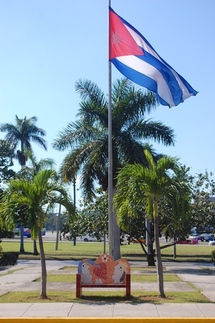
The diverse programming of the Havana Book Fair also helps to attract visitors to Cuba. This year, the visiting country focus on Angola brought more than 100 representatives from that country to the island; hundreds of other international publishing representatives come to the fair to participate in the many events or to exhibit and vend their books. It’s a chance for Cuba to attract new visitors, many of whom may end up returning for future visits.
8. Think Regionally
Organizers of the Havana Book Fair coordinate closely with their Latin American counterparts to ensure that the schedules of their book fairs do not conflict with each other, allowing them to promote all the fairs at each event, increasing momentum and opportunities for regional networking. Their regional coordination also allows them to share best practices and market knowledge, helping them to raise book sales and reading levels across the region.
9. Market Collectively
Cuba’s Cámara del Libro (Chamber of Books) takes the lead role in organizing the fair as well as a year round calendar of local book promotion activities. But it doesn’t stop there. The Chamber also plans Cuba’s participation in international book fairs, marketing the island’s authors in groups related to the genres in which they write and the interests of the target publishers and markets. Sure, that’s easy to do when the publishing houses are all state-run. But the collective efforts yield economies in research, event participation fees and marketing that Caribbean publishers can emulate.
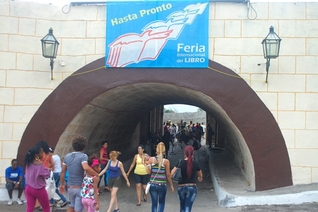
The first thing you notice at the Havana Book Fair is that everyone seems to be having a good time. As Peter Gutteredge of the Caribbean Book Company puts it, “This isn’t a book fair anymore. [It’s] the largest Cuban social event of the year – with a book fair inside. It’s a fantastic setting where Cuban families come and [enjoy themselves].” That vibe is key for creating a generation of readers who associate books with fun and pleasure.
“Some of the best parts of the book fair are the things we don’t plan,” says Jésus David Curbelo, another of the organizers. “They happen naturally when you put good books in front of people.”

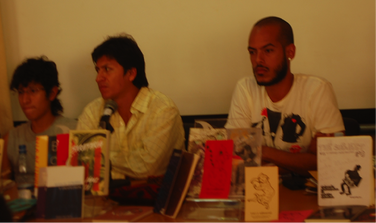
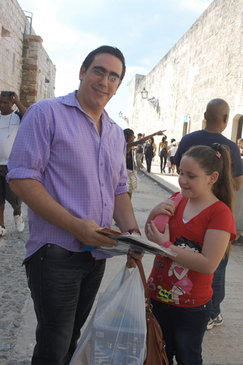

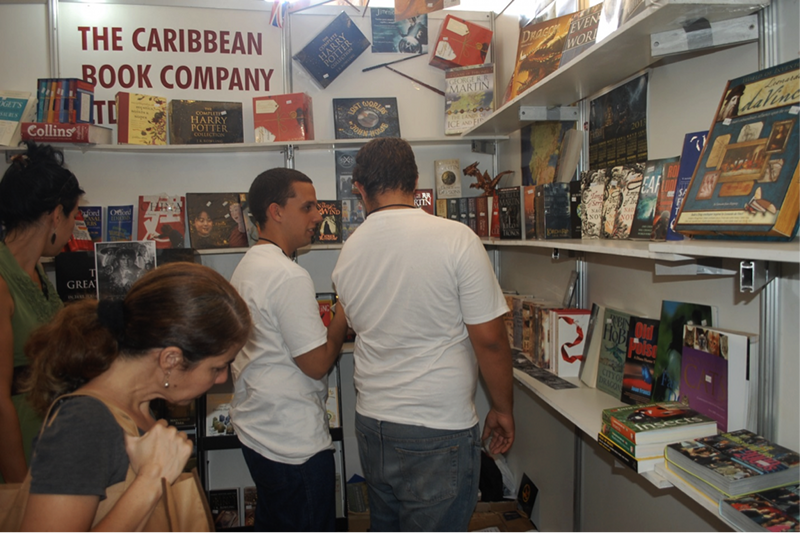

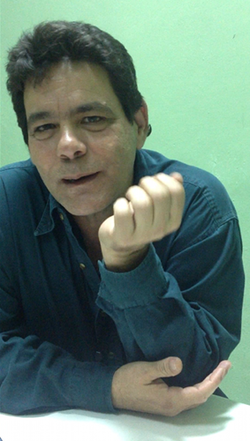
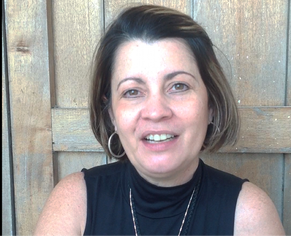
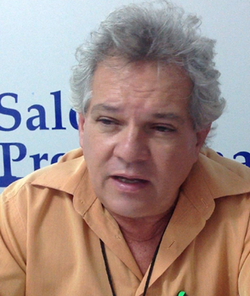
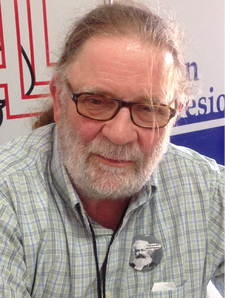


 RSS Feed
RSS Feed


